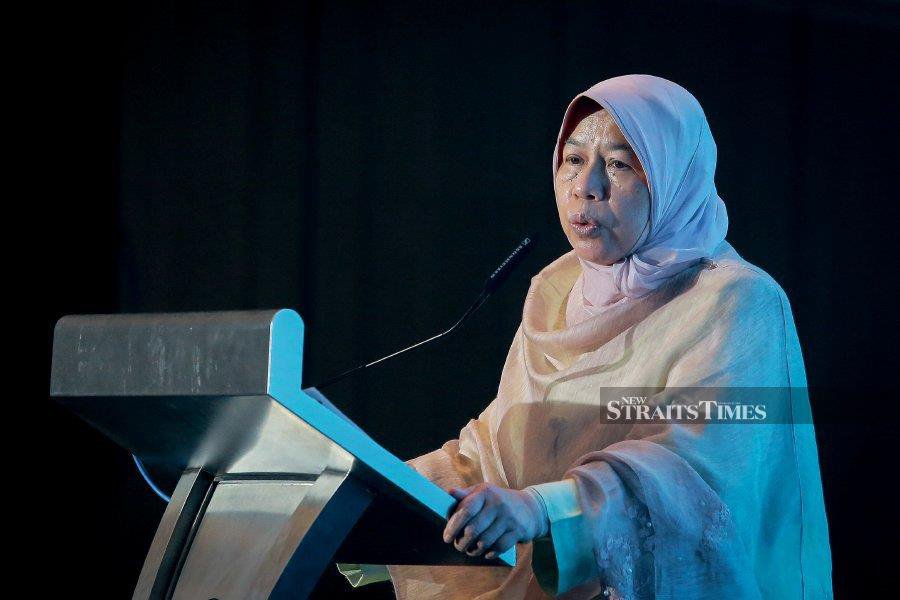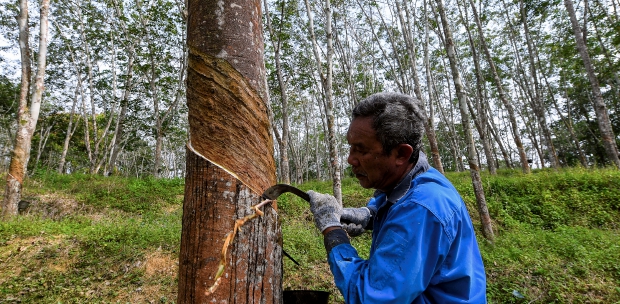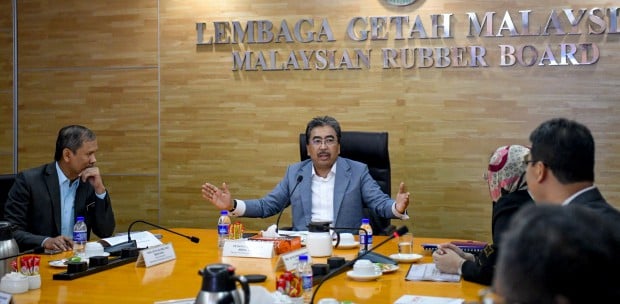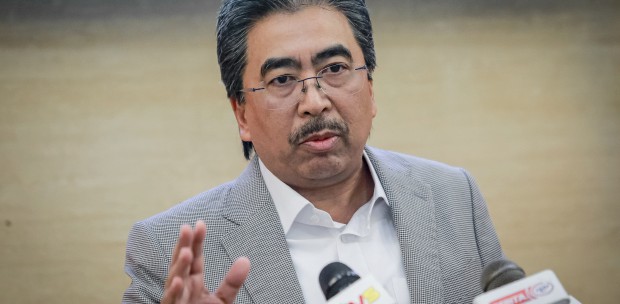KUALA LUMPUR: Only 24 per cent of the country's land have been allocated for livestock and 29 per cent for crop cultivation in 2019, despite the mislabelling of agriculture as the major culprit for deforestation.
The Plantation Industries and Commodities Ministry said of the 29 per cent share of deforestation being due to agricultural crops, those that contributed most to deforestation was soybean (19 per cent) followed by maize (11 per cent). Oil palm contributed a meagre eight per cent, rice at six per cent and sugarcane at five per cent.
"Therefore, Malaysia is determined to foster a cordial engagement with the European Union and the United States in search of a win-win solution that can benefit the palm oil industry at large, although both the trade bloc and world's largest economy have remained a staunch opposition of the palm oil trade since 2003.
"Specifically with the EU, engagements are currently being held through various platforms, for example the Asean-EU Joint Working Group, seminars or webinars, and dialogue or discussions via economic and palm oil promotion missions," said its minister Datuk Zuraida Kamaruddin.
Aligned with these efforts were two initiatives, namely the Malaysia-EU partnership programmes aimed at enhancing the sustainability of the palm oil trade and the partnership under the Council of Palm Oil Producing Countries.
Under the Malaysia-EU partnership initiative, two programmes stand out – the Sustainability of Malaysian and Indonesian Palm Oil Project and the National Initiatives for Sustainable and Climate Smart Oil Palm Smallholders with the Netherlands, she said.
In the spirit of Malaysia's 65th Merdeka Day celebration, Zuraida said the Plantation Industries and Commodities Ministry had produced a three-minute video clip titled "The Land is Ours" that depicts the toiling by a smallholder family on a piece of vacant land to cultivate oil palm crop.
"The production of the video is timely to showcase to the world and to serve as an eye-opener to countries practising sanctions against palm oil. Malaysia has 461,303 smallholders and another 1.8 million people who are surviving on income generated from the palm oil trade.
"To silence the Western propaganda machinery, especially over allegations of deforestation, the video clip highlights how a family of three (father, mother and daughter) has been granted a permit by the authorities to cultivate oil palm, as opposed to illegally doing so," she said.
This reinforced the notion that every farmer in the world has a right to plant crops and earn a living, something that is guaranteed by the UN Declaration on the Rights of Peasants and Other People Working in Rural Areas, added Zuraida.
Published by the global movement to champion the goodness of palm oil which is an initiative by the ministry, the video clip is intended to portray the fact that the Plantation Industries and Commodities Ministry upholds the said UN declaration and defends the rights of every landowner to farm for a living.
"After all, sanctions on palm oil not only violate the UN's declaration but they also destroy the livelihood of families.
"The Malaysian government had in 2019 declared a cap on the expansion of the oil palm cultivated area in that the size of total cultivated area may not exceed 6.5 million hectares," she said.
This year, Malaysia utilised 5.8 million hectares for oil palm cultivation, both by smallholders and major plantation firms, which leaves 700,000ha allocated for oil palm crop yet to be utilised.
"The ministry is determined to continue to fight against the anti-palm oil campaign to ensure the rights and plights of smallholders will continue to be defended and their sources of livelihood will not be blocked by anti-palm oil propaganda by some Western blocs."





